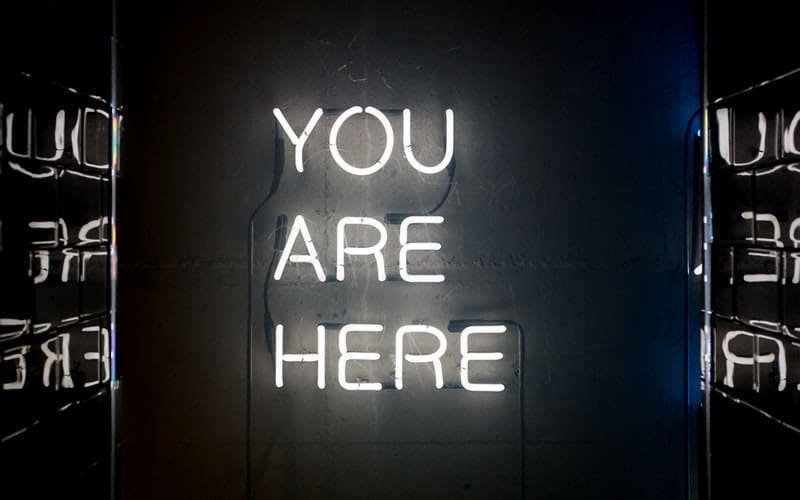 Blind dates are sometimes good, usually bad, and always weird at the beginning. So are many interviews between a candidate and a hiring company.
Blind dates are sometimes good, usually bad, and always weird at the beginning. So are many interviews between a candidate and a hiring company.
If you have never been on one yourself, a blind date is when a friend sets you up to meet a mystery person that you don’t know.
It beats me how hiring companies still treat applicants and candidates as though these people desperately need a job and subject them to abuse and arrogance by misinformed hiring managers.
Candidates still tell me how hiring managers and companies seem unprepared when they turn up for an interview.
Now, if you have no problems whatsoever attracting, hiring and retaining staff, you can stop reading now. We envy you. For the rest of us, please keep reading.
What irritate and upset applicants and candidates?
 So if you are a hiring manager, HR Manager or just someone who applicants and candidates come in contact with, here’s a list of things that irritate and upset those people you so badly need to hire – but probably won’t because they will reject your offer of employment because of the way they were treated.
So if you are a hiring manager, HR Manager or just someone who applicants and candidates come in contact with, here’s a list of things that irritate and upset those people you so badly need to hire – but probably won’t because they will reject your offer of employment because of the way they were treated.
- No information was given to the candidate prior to the interview about how many people she would meet; their names and what positions they hold in the company; if it would be one interview with so many people or perhaps two or three back-to-back meetings that would last half a day; or how many hours the interview or interviews will take.
- A good candidate requests leave in advance from their current employer to make sure they can attend the interview so candidates do not always appreciate a last minute change of date and time by the hiring company. Most do not like to cancel such approved leave at short notice and instead will waste a day or half day of their meagre annual leave entitlement.
Are you hiring a manager or the Chief Justice of the Supreme Court?
 Some hiring companies interview staff and managers as though they are hiring the Chief Justice of the Supreme Court.
Some hiring companies interview staff and managers as though they are hiring the Chief Justice of the Supreme Court.
The number of interviews seems to go on forever. Now, if these interviews were done and over with in one day, it would be acceptable, as it would showcase your company’s understanding of the job market where speed to hire the best is now a must and that you have also considered that the candidate does not necessarily need your job.
- If you are hiring managers or senior executives to your company, please don’t send your junior human resources officer to conduct the first interview. It could easily backfire as senior candidates find it an insult to their intelligence not to be taken more seriously.
Lift the game and put your best foot forward, which is in the form of a senior person in your organisation who has been there, done that, and can even communicate in that special managerial lingua.
Filling out application forms is old fashion – stop it!
 For some unexplainable reason, applicants and candidates in Thailand are still asked by many companies to start their interview by filling out an application form.
For some unexplainable reason, applicants and candidates in Thailand are still asked by many companies to start their interview by filling out an application form.
This form contains data typically needed once the person is hired, not during the process of assessing candidates.
It’s one of those stupid leftovers from a time where there were more people than jobs, where companies had the luxury of an abundance of talented candidates for each vacancy, and where we used a Personnel Department and not HR.
- Excuse me, where have you been the last 10 years? It’s 2020 now. Stop this waste of time and paper please.
One of the biggest complaints I hear from applicants and candidates is about the lack of feedback following an interview.
There is no regular weekly update on how the hiring process is progressing or if another candidate has filled the position, no one bothers to tell the others that it was not to be this time around.
Your organisation can make a huge difference by ensuring that every prospective employee who interviews with you is at least informed that they were unsuccessful. And why not say thank you for their time and consideration?
- It’s not advisable to ask the candidate why he or she wants to leave their current employment – maybe they don’t.
- If your organisation is using a recruitment company or a search firm to help find candidates, these candidates are not necessarily looking for a change of job, but have merely agreed to be “open to talk”.
- A much better question for them is: “When our recruiter called you the first time about this opportunity, what was it that convinced you to come and see us today?”
With the incredibly low unemployment rate in Thailand, (before and hopefully after COVID), those who want to work are already working elsewhere.
The only way to get staff is to take them from someone else. How do you do that? Read all of the above again. Share this story with everyone who is involved in hiring. Good luck.

